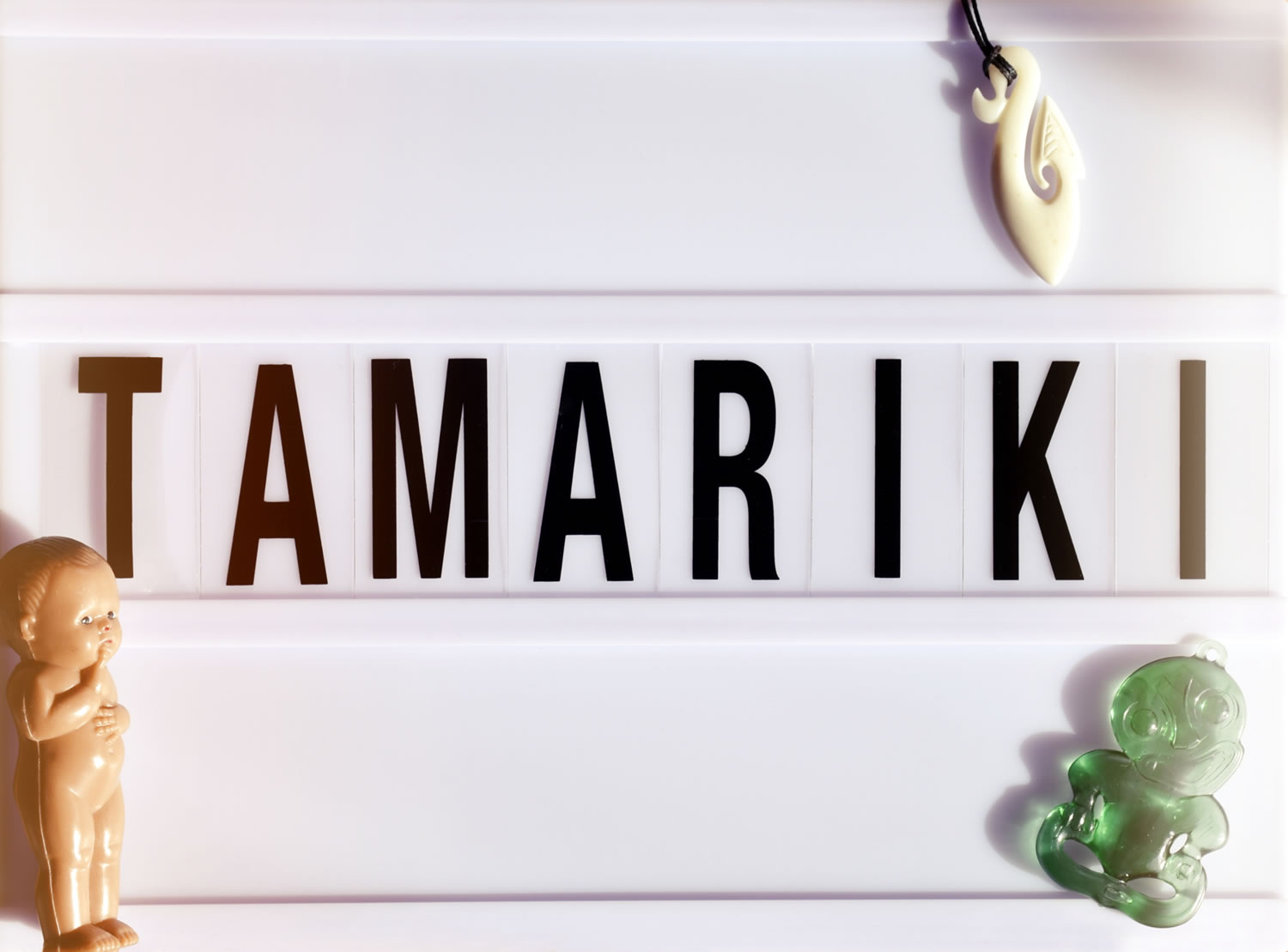New campaign drives better learning support for Tamariki
Published on Tuesday, 06 July 2021
Last updated on Monday, 05 July 2021

Increased funding and better access to learning support for children is a key driver behind the new campaign, Nga Aukaha All in for Tamariki, a movement focused on ensuring an education system that works for all children including those engaged in early childhood education and care.
Launched by NZEI (NZ Educational Institute) Te Riu Roa, people-power is a key feature of the campaign, which draws on the collective power of the voices of educators, parents, whanau and members.
Engaging a broad base, the campaign invites the community to get involved through a survey, and allows participants to share their stories and experiences on the learning support sector.
The campaign website states: “Together, we will come up with and define what the government needs to do to ensure that all children are able to access the support they need. All tamariki are taonga. This campaign is about challenging ableism at all levels, so that the education system works for all.”
A hui is planned for September this year to consult on ‘key asks’ for the campaign. This allows all groups to come together to amplify their voices, shape clear demands and push for government reform to ‘fix’ Aotearoa’s learning support system.
According to the NZEI Te Riu Roa, the youngest learners are waiting on average 104 days to access an early intervention service, and the criteria to access funding is too strict with a third of Ongoing Resource Scheme funding applications being rejected each year. With many disabled children not able to access the help they need.
“The learning support system is severely underfunded, meaning many children are missing out on their right to a high-quality, inclusive education,” says early intervention teacher, Louise Hoggart.
“High caseloads and long wait lists put pressure not only on learning support specialists but teachers, principals and support staff in classrooms and early learning centres across the country. This in turn impacts on tamariki, their whānau and the wider community.”
Information on the Kids Health website reveal that one in five children and young people need some kind of extra support for their learning.
The Ministry of Education defines learning support as the additional support that some children need to engage and achieve in education. This covers the support provided by external specialists and in-centre and school educators, and support staff.
NZEI Te Riu Roa has heard many stories from their members working in education about the urgent need for more investment and support within early education and schools to support children.
Feedback has shown many teachers are feeling inadequately supported in their classrooms, they are feeling stretched and unable to support the diverse needs of all their students. A quick scan of personal stories on the campaign’s website reveals a dossier of despair from frustrated parents and educators:
“In a nutshell, our learning support funding doesn’t come close to meeting the needs of children with moderate and severe needs.”
“The sector simply does not have enough skilled specialists to work with our children. The chronic lack of mental health support for our young children in primary schools is tragic. Every day we see examples of need through trauma and yet there is nowhere to turn.”
“I feel tired and exasperated. I want our education system to be one in which all children can learn and grow together with their peers. All schools should have the funding to ensure they can serve the needs of their local children.”
Earlier this year RNZ reported: “Parents of children with special needs are often asked to reduce the hours their children attend school, or take an extended break to avoid them being expelled altogether.”
Drawing on the experience of a South Island-based mother of two, the article revealed that her children have high needs and require more support than the education system will fund for them. They are only able to spend two hours at school each day, the mother expressed that mainstream schooling is important for their self-esteem as well as their education.
Spokesperson Frian Wadia, from Equity in Education – a parent support and advocacy group for families with neuro-diverse children, stated in the article: "We hear a lot of stories where children are excluded. Not only are they formally excluded but there is a lot of informal exclusion as well, requests to stay home, requests to not come in for the next few weeks, those sorts of informal requests – it's rampant."
Wadia said some schools discouraged families with special needs children from enrolling and said she would like to see more funding and resources for schools to cater to neuro-diverse students.
For more information or to get involved visit Nga Aukaha All in for Tamariki.
Or view the NZEI Te Riu Roa Facebook page.
References and further reading
Scoop: NZEI Te Riu Roa Launches New Learning Support Campaign Ngā Aukaha All In For Tamariki
RNZ: Schools' exclusion of children with high needs 'common' – advocates
Related Articles

An Overview of Child Care Costs and Government Funding
Fees for early childhood education services and kohanga reo, and how the government helps families pay for early learning and child care.

An Action Plan for Education
An Action Plan to improve support for children and young people with different learning needs has been launched by Associate Education Minister Tracey Martin.

Specialist team to target high-risk services
The functions of the Provider Assessment Group and how it works to ensure the maintenance of high standards in early education services.
